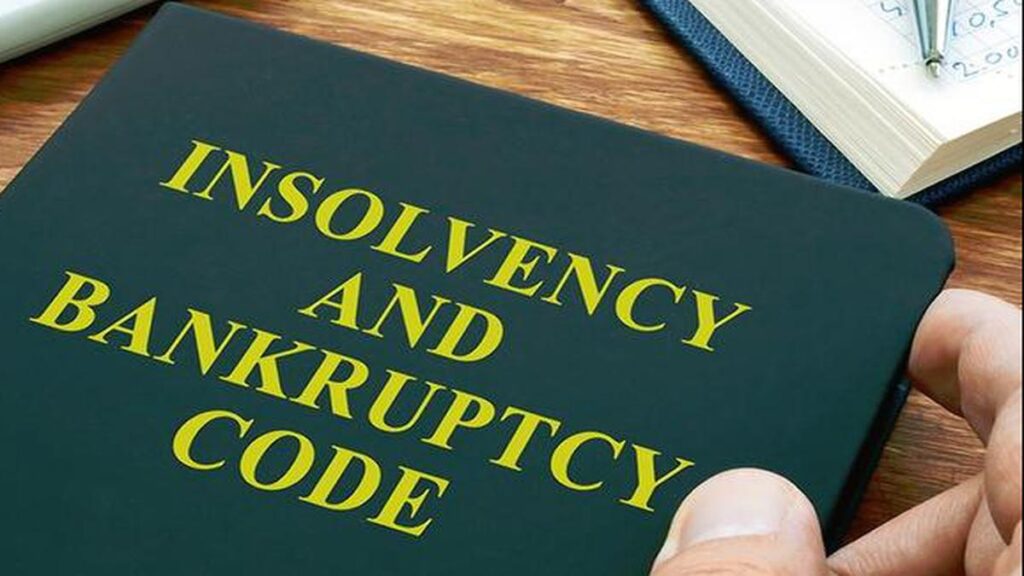How Insolvency Lawyers Sydney Can Help Navigate Financial Distress
Finding yourself in financial distress can be overwhelming and complex. With rising debts, unpaid bills, and ongoing pressure from creditors, knowing where to turn for help is crucial. In Sydney, insolvency lawyers play a vital role in helping individuals and businesses navigate these challenging circumstances. This article explores the critical aspects of insolvency law and […]
How Insolvency Lawyers Sydney Can Help Navigate Financial Distress Read More »


